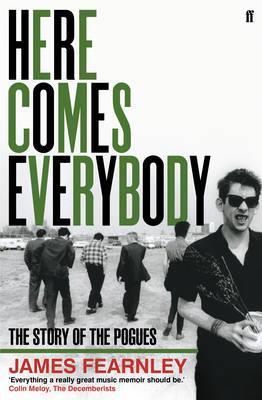What do you think?
Rate this book


406 pages, Paperback
First published April 1, 2012
"By the time we were approaching Oslo, Shane and Spider were at the roaring stage of an argument. It had started on the subject of whether or not a tomato was a vegetable. It had gone on to the matter of whether dogs could think.
'You fucking stupid fucking ignoramus!'
'Fuck you and the horse you rode in on!'
'Fuck you!'
'No! Fuck you!'"
